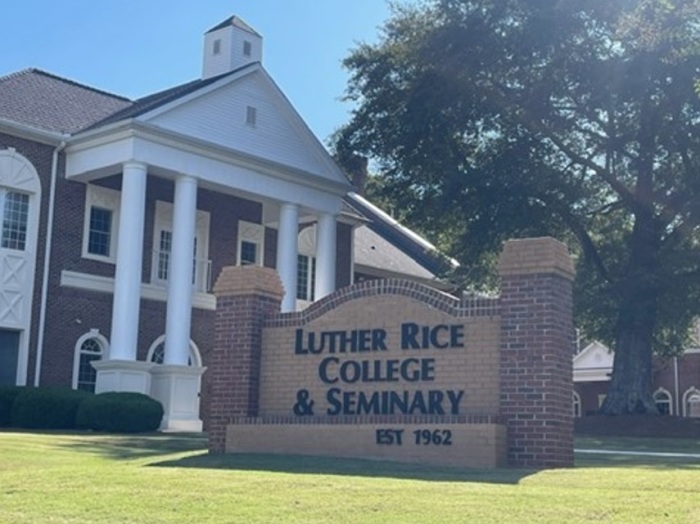Christian college students gain access to financial aid program after ban

Students at a Christian college in Georgia will be permitted to participate in a state-backed financial aid program after a prohibition prevented them from receiving tuition assistance if they are studying at a school or college of theology or divinity.
Luther Rice College & Seminary, a Christian, private, nonprofit institution near Atlanta, was approved to take part in Georgia's State Aid programs, beginning in the fall of 2025, the school said in a statement. These programs include HOPE and Zell Scholarships for eligible undergraduates, as well as high school dual enrollment opportunities.
In October, Luther Rice filed a lawsuit requesting that state officials grant the school access to Georgia's financial aid offerings.
The lawsuit, filed in the U.S. District Court for the Northern District of Georgia and supported by the religious liberty legal nonprofit Alliance Defending Freedom, named members of the Georgia Student Finance Commission and Georgia Student Finance Authority as defendants.
The lawsuit argued that Luther Rice had to decide between retaining its "religious mission, degree programs, and commitment to teaching from a Christian worldview" or conforming to state rules restricting the school's faith-based identity.
"This endeavor was not just an opportunity to defend our religious freedom, but it was also an opportunity to demonstrate the value of a Christian education," Luther Rice President Steven Steinhilber said in a school statement. "I commend the State and our partners at Alliance Defending Freedom for swiftly reaching a solution. I look forward to providing our Georgia residents an affordable biblically based education that is so vital for our time."
The school's complaint stated that Georgia prohibits private schools deemed a "school or college of theology or divinity" from taking part in the state's aid programs, even if the school otherwise fulfills all eligibility criteria.
Citing the language of the state's officials, the lawsuit said Luther Rice's offerings were viewed as "religious based" and that non-religious degrees were "substantially intertwined with the school's religious mission."
"Because of that exclusion, no Luther Rice student can receive Georgia student aid for any undergraduate degree or course, not even for a course or degree in the school's general studies or psychology programs," read the complaint. "And no Georgia high school students can receive dual credit at Luther Rice."
The complaint claimed that Georgia permits other religious schools to participate, leaving Luther Rice, which is accredited by the Southern Association of Colleges and Schools Commission on Colleges, as "the only excluded nonprofit school that is located in Georgia" and that otherwise qualifies for the same state financial aid.
ADF Legal Counsel Andrea Dill previously told The Christian Post that she believed it was "unconstitutional for the government to deny a religious school a public benefit solely for its religious beliefs."
"People of faith cannot be discriminated against for choosing the school that best aligns with their beliefs. The U.S. Constitution does not prevent the state from including religious organizations in state funding programs." She added, "To the contrary, the Constitution prohibits the state from excluding religious organizations from otherwise available public benefits solely because of their religious character or exercise."
In June 2022, the U.S. Supreme Court held in David Carson et al. v. A. Pender Makin that Maine's state tuition assistance program could not prevent parents from applying the funds to institutions that include religious instruction.





























